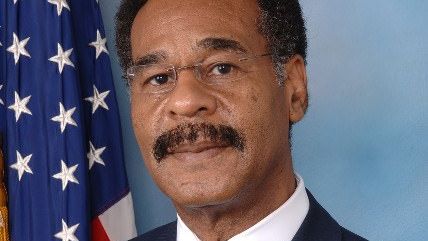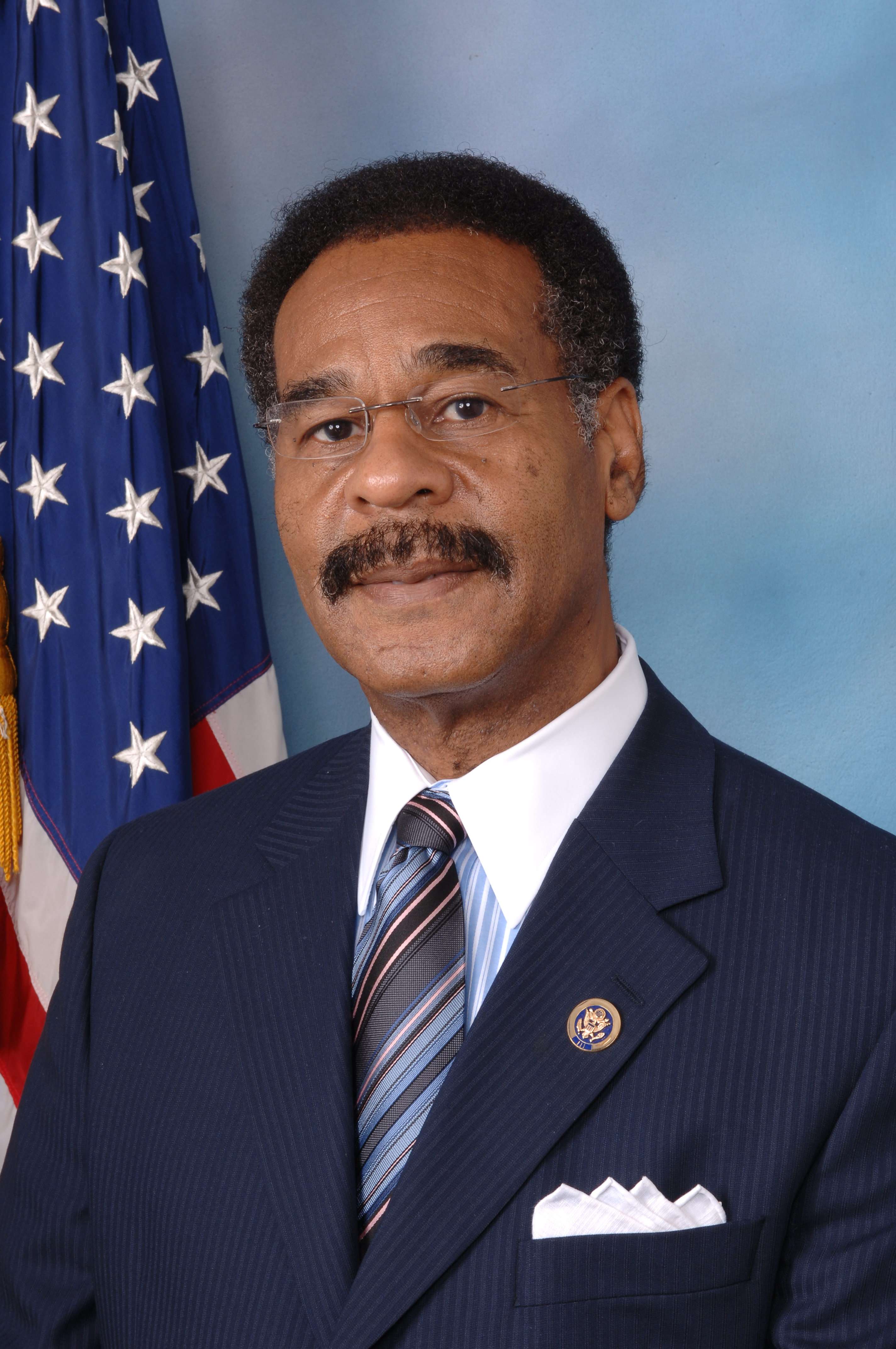Could a Federal Law to Stop Police Revenue-Seeking Actually Work?
Congressman wants to make shaking down the citizens a federal crime.


In the wake of the Department of Justice's report that the police and city leaders of Ferguson, Missouri, see the law as a way to extract money from the citizenry, Missouri Rep. Emanuel Cleaver (D-Kansas City) is looking to find a federal solution.
Today he has announced he is going to be introduce the Fair Justice Act to outlaw the practice of enforcing laws for the purpose of raising revenue. From his own announcement:
Announcing introduction of the Fair Justice Act, Congressman Cleaver stated, "The time has come to end the practice of using law enforcement as a cash register, a practice that has impacted too many Americans and has disproportionately affected minority and low-income communities. No American should have to face arbitrary police enforcement, the sole purpose of which is to raise revenue for a town, city, or state."
Congressman Cleaver's Fair Justice Act would make it a civil rights violation, punishable by up to five years in prison, to enforce criminal or traffic laws solely to raise revenue. Thus, no official or agency of a state or a county, city, town or other political subdivision may adopt a policy or engage in any activity that authorizes, promotes, or executes the enforcement of criminal, civil, or traffic laws for the purpose of raising revenue.
This legislation will help prevent the kind of reprehensible activities that occurred in Ferguson, Missouri, where the Department of Justice found that Ferguson's law enforcement practices were shaped by the city's overwhelming focus on raising revenue rather than protecting the public.
"It is a common practice of certain law enforcement officials of state and local municipalities to target communities solely for profit," said Congressman Cleaver. "Americans of all stripes have faced this, but there can be no doubt that minorities and low-income residents have faced the brunt of this. Make no mistake, the Fair Justice Act is needed now more than ever, in order to finally put an end to criminal and traffic law enforcement activities motivated solely by raising revenue," said Congressman Cleaver.
But how exactly does one prove that the enforcement of the law is solely motivated to raise revenue? From a libertarian perspective, this proposal implicates the entirety of a drug war (technically, not a bad thing, one might argue). The proposed text of Cleaver's bill is not yet ready, but his office is hoping for it to be available by the end of the week. Would a municipality have to prove to the Department of Justice that each law has a valid purpose?
And this is a proposed criminal law, not a civil law. I am having a hard time visualizing a prosecutor managing to successfully hold any particular individual within municipal government criminally liable for the circumstances by which any particular law is enforced, except in some particularly egregious "smoking gun" cases. And even then, what happens when the officer or clerk or whomever just points to the city's crime rate as justification?
I'm trying not to be an immediate downer about the bill, but it strikes me being part of a mistaken belief that we can secure more freedom and liberty with even more regulation and rules. I can see this bill, if poorly worded, actually adding to municipal costs as cities find themselves having to produce more and more documentation to prove to the DOJ that they're not revenue-mongering, rather than actually reducing the scope of municipal law enforcement, as Cleaver hopes. We will have to see what the legislation actually says.


Show Comments (24)